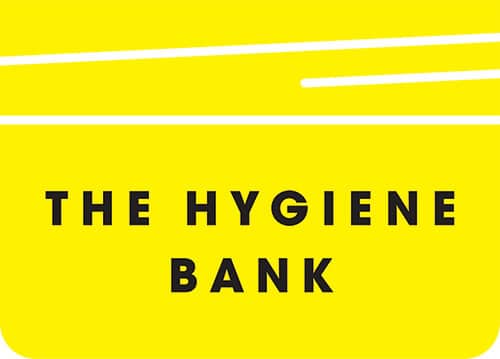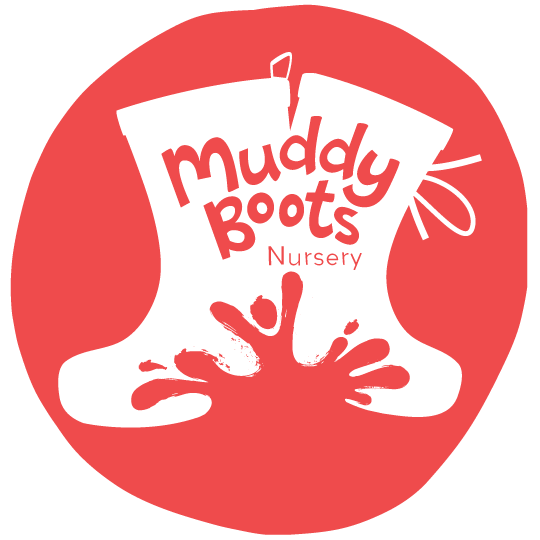Common Dental Questions & Answers: Part 2
A well-known Dentist here in York, Blossom Dental Care can offer you care and advice, with a wide range of treatments able to target a multitude of concerns – from the restorative to the routine.
Being both a private Dentist and an NHS Dentist, our patients book in with us for a whole host of reasons – but despite this, some questions crop up regardless. In this special post, we’ll talk through some of these, while giving you advice, info and tips at the same time. You can read part 1 of our post here.
1. Is chewing gum good or bad for my teeth?
There are different answers to this question. Here’s how we can break it down:
– Sugar-free chewing gum can help prevent tooth decay. You’ll produce more saliva as you chew, which can neutralise plaque acid and further break down food particles – so it can be effective after a meal. It’s also possible that chewing gum could strengthen your tooth enamel and prevent future cavities, owing to the minerals in your saliva – which our Dentists recommend.
– Sugary gum – if chewed often enough – can break down the tooth’s enamel and lead to tooth decay over time.
– Chewing gum can help relieve symptoms of ‘dry mouth’, as it stimulates saliva production, but you’ll need to keep using gum to experience these effects.
– Sugar-free gum is not a substitute for cleaning your teeth!
– Pros & cons – chewing gum is thought to relieve stress and tension, yet there’s also evidence that excessive use could cause headaches and jaw problems. Other benefits of chewing gum include a suspected boost to metabolism, and a reduction in snacking. And our Dentists are keen to recommend anything that could help you quit/cut down on smoking, too!
2. How often should I change my toothbrush?
It’s recommended that you replace your brush every 3-4 months, which includes brush heads on electric toothbrushes. With twice-daily dental care, your brush will slowly wear and become frayed or develop ‘splayed’ bristles.
A new toothbrush removes more plaque than one that’s worn, so for the healthiest, cleanest smile, it’s important to change your brush at least 3 times a year.
3. A harder toothbrush is better for your teeth – true or false?
Firm-bristled brushes are only recommended for those looking to remove tough stains – such as those caused by drinks like coffee and red wine, or by activities like smoking. This is because the tough bristles can wear down your tooth enamel and the soft gum tissue.
Most Dentists – whether NHS Dentists or Private ones – will suggest a soft-bristled brush. They are just as effective at daily cleaning, but are kinder on the gums. Of course, how often you brush, and how hard generally, are also factors at play. The best thing to do if you’re unsure is to talk to your Dentist.
4. Can tooth loss cause bone loss?
Absolutely. There are lots of dental problems that can be caused by tooth loss, especially in the case of multiple tooth loss. That’s why Dentists work hard to offer solutions such as dental implants, dentures and other restorative work.
Bone loss can have a devastating effect on your smile, not just in its appearance, but in its function, too. In fact, if it’s periodontitis causing your tooth loss, then more advanced cases can cause abscesses, exposure of the tooth roots, problems with eating and chewing, and an increased risk of conditions such as heart disease and diabetes.
5. How else can I care for my teeth?
Besides a regular dental routine, one of the best things you can do is book in when recommended by your Dentist (whether Private or NHS). To contact our team here at Blossom Dental Care in York, visit our contact page and fill out the form or use the email or phone number provided. We look forward to treating you soon – and in the meantime, why not read part 1 of our post here?










 2 dental health examinations per year
2 dental health examinations per year